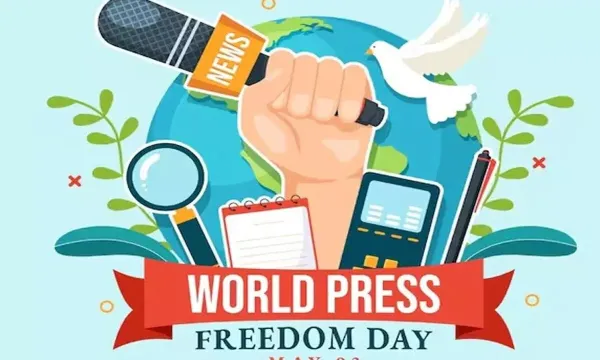
In India, November 16th is designated as National Press Day each year to commemorate the press’s contribution to the democratic system. The Press Council of India (PCI), which was founded in 1966 to control the press and guarantee the moral operation of media outlets, is honored on this day. It serves as a reminder of how crucial a free and accountable press is to influencing public opinion, advancing openness, and defending democracy.

By informing people about governmental activities, social concerns, and world events, the press plays a crucial role in educating the public. By holding public officials responsible and increasing understanding of citizens’ rights and responsibilities, it serves as a conduit between the people and the government.
National Press Day highlights how the media can advocate for social concerns, draw attention to injustices, and affect change.
The growth of disinformation, budgetary limitations, and political pressure are just a few of the many issues facing the Indian press. Notwithstanding these obstacles, journalism continues to be an essential instrument for guaranteeing that a range of viewpoints are heard and that reliable information is communicated.
The day also offers a chance to consider the moral obligations placed on journalists to preserve impartiality, justice, and truth in their reporting.
This day is dedicated to examining the changing role of the press in the digital age and promoting media literacy via seminars and conversations. In addition to honoring the press, National Press Day serves as a reminder of the need of defending journalists’ rights and ensuring that they may operate without fear or favor.
To sum up, National Press Day is an opportunity to consider the critical roles that the press plays in society and the need of preserving its autonomy in the face of contemporary threats.